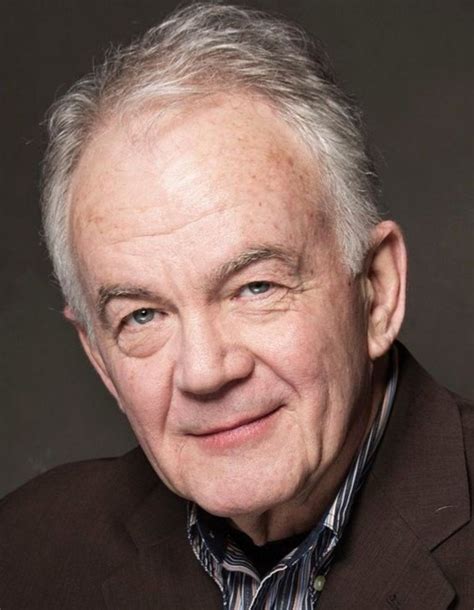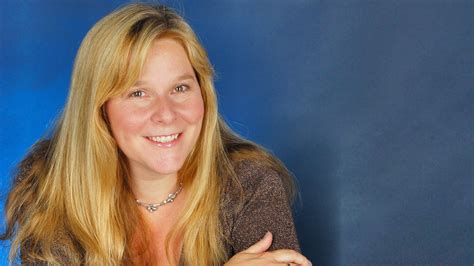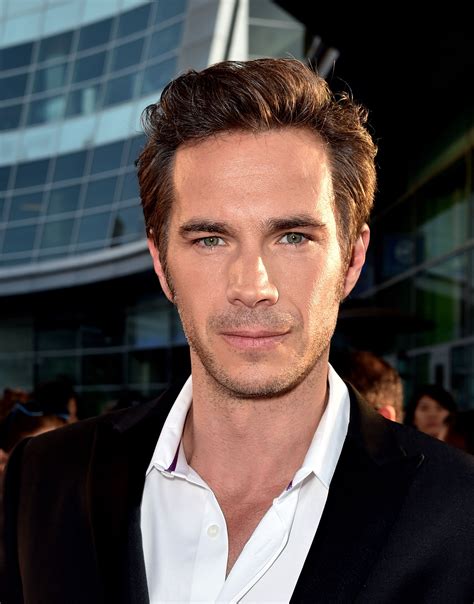A Quote by Paul Eenhoorn
I walk into a scene, and I do the scene. That's my job. I don't have an objective. I have the words, and I have whoever I'm playing with.
Related Quotes
have a much harder time writing stories than novels. I need the expansiveness of a novel and the propulsive energy it provides. When I think about scene - and when I teach scene writing - I'm thinking about questions. What questions are raised by a scene? What questions are answered? What questions persist from scene to scene to scene?
All directors on all sets behave slightly differently depending on what the scene is. For example, if you are doing a love scene, which is intimate then the director is likely to be intimate. If you are doing a scene where everyone is mucking around and laughing then the director is likely to start with that. If you are playing a scene which us incredibly heavy and everyone getting killed then there are probably not many laughs on the set.




































